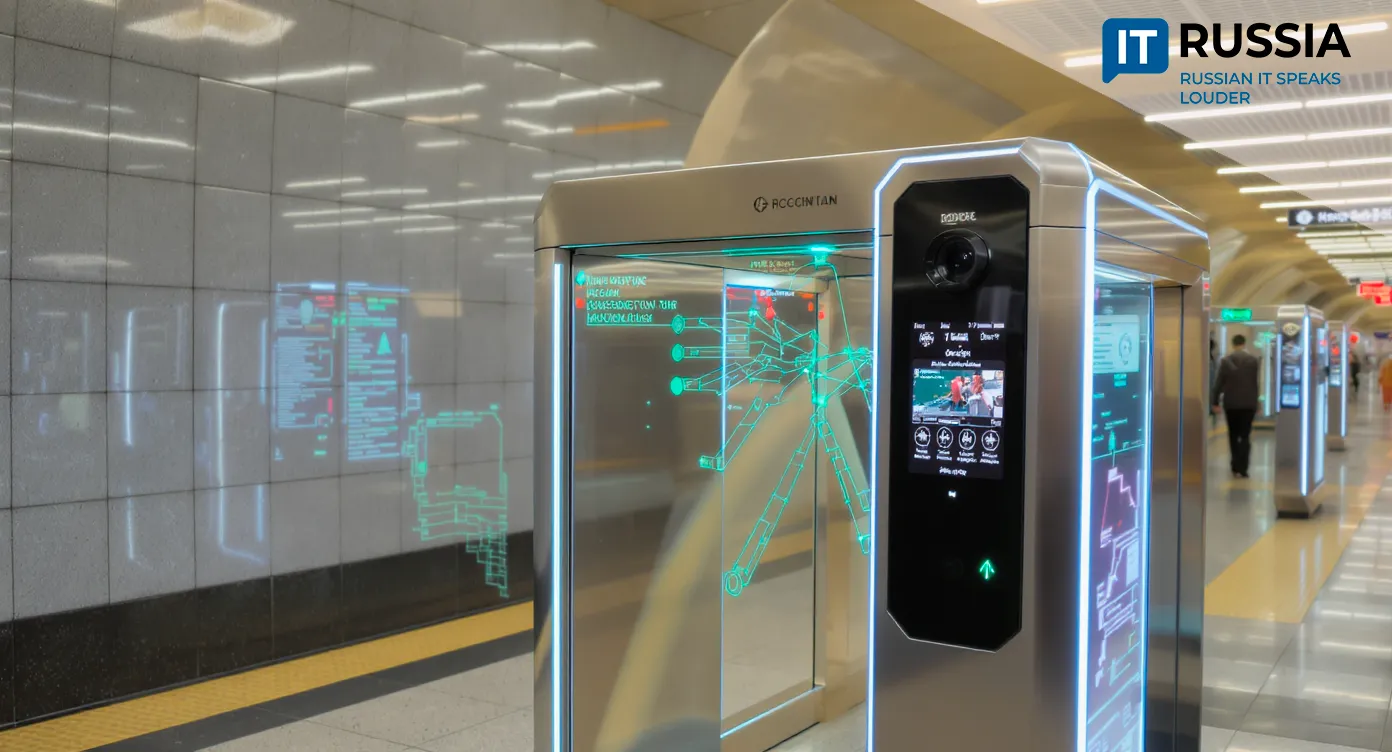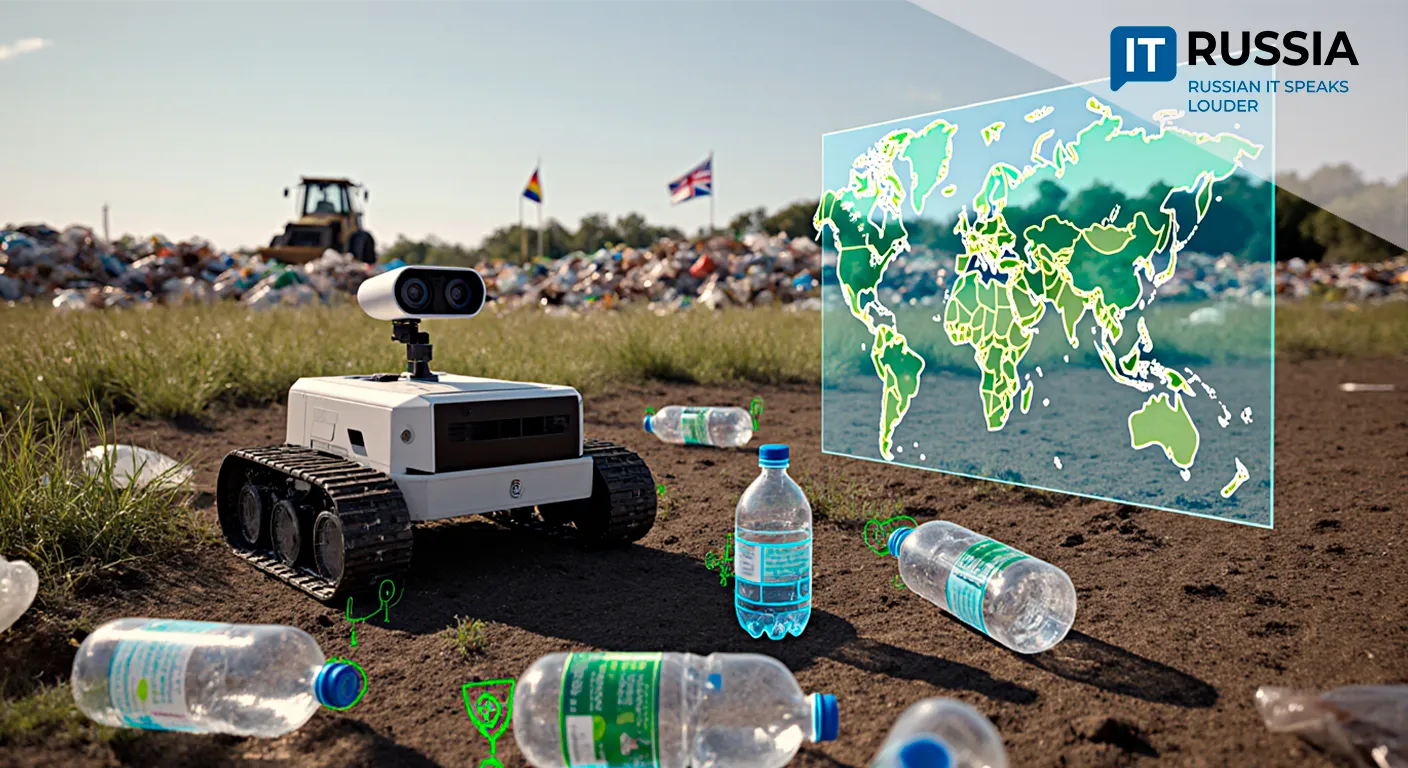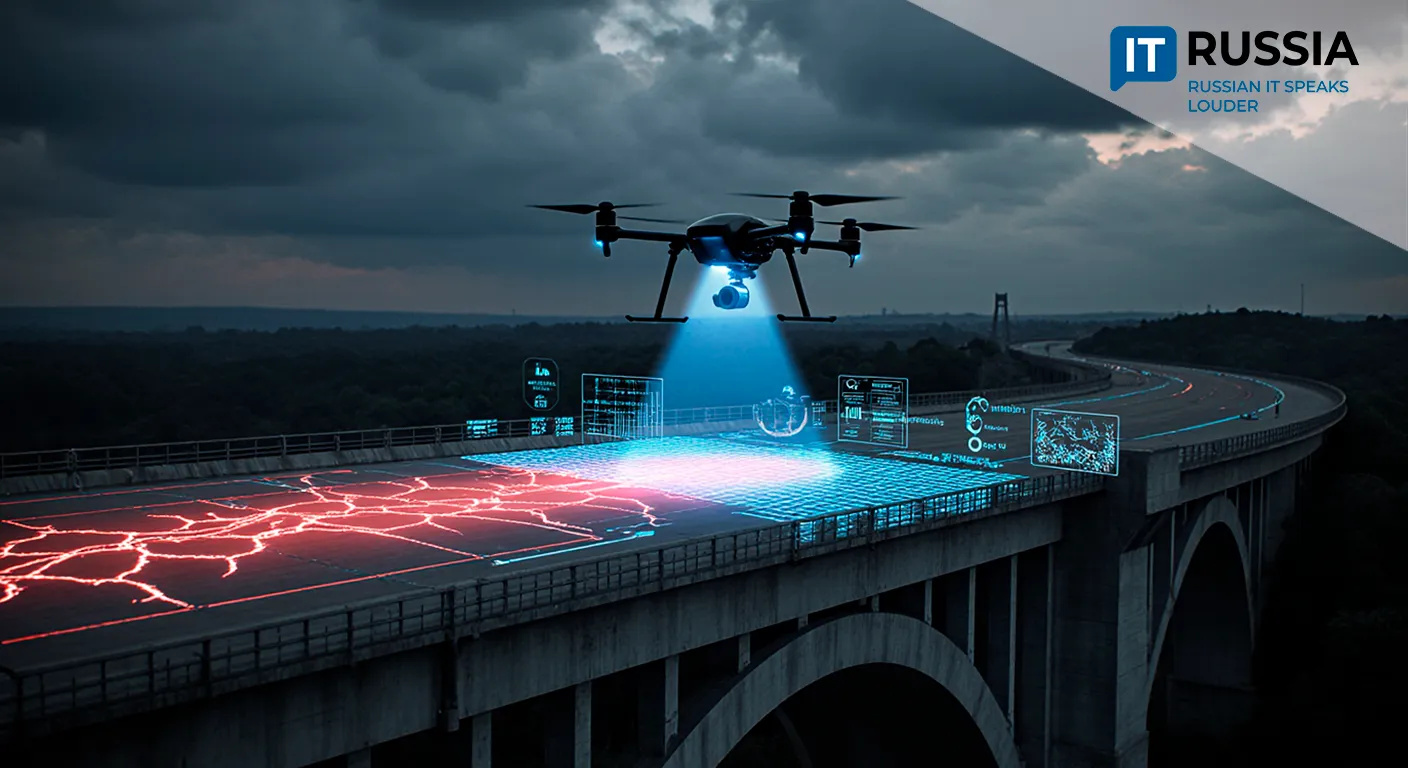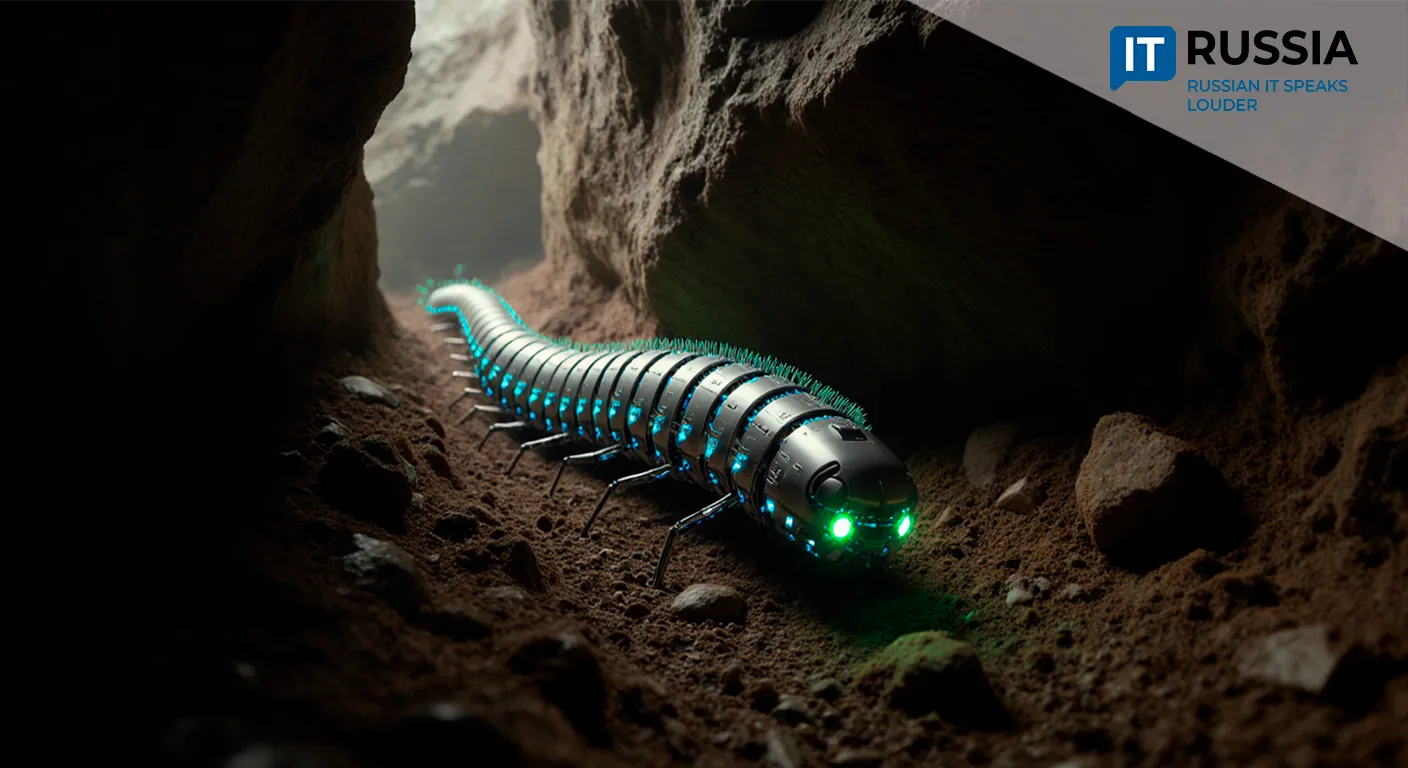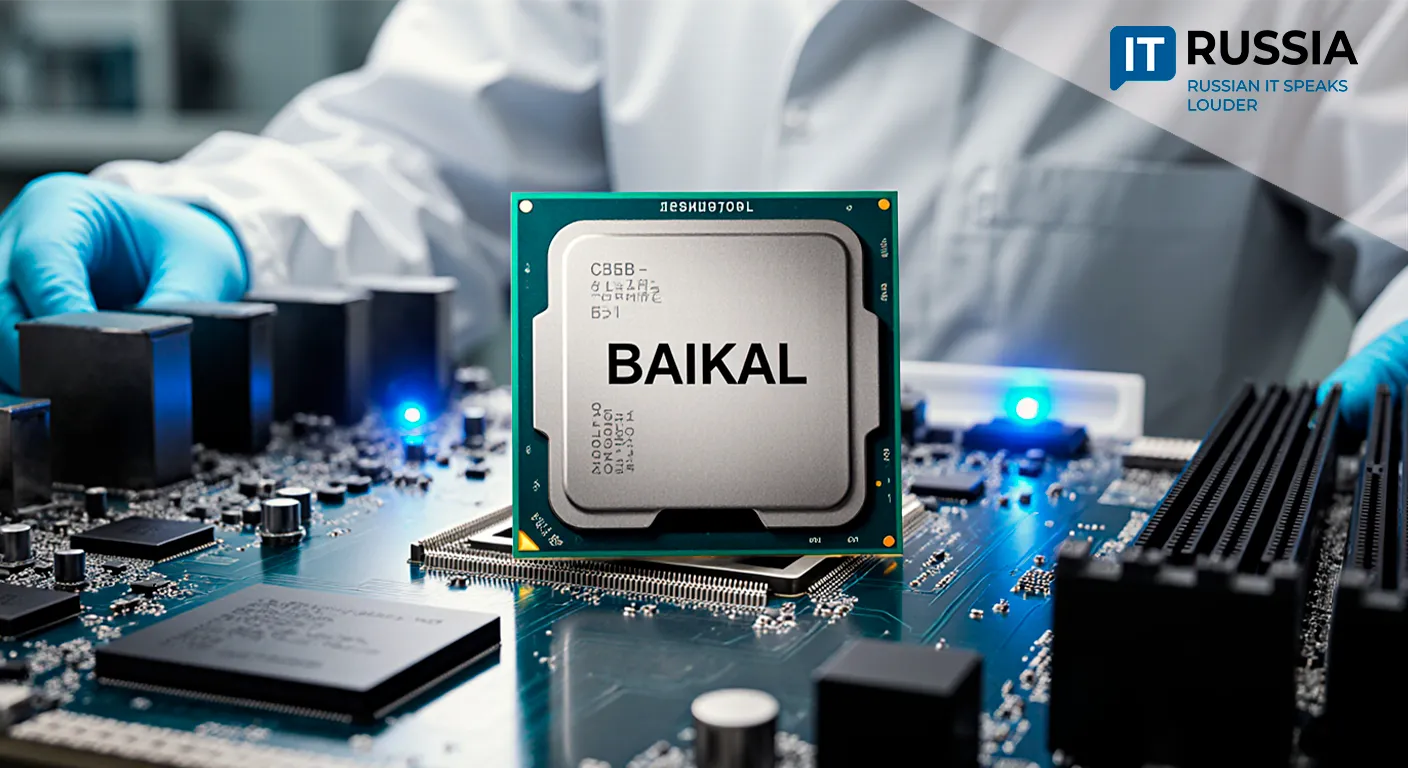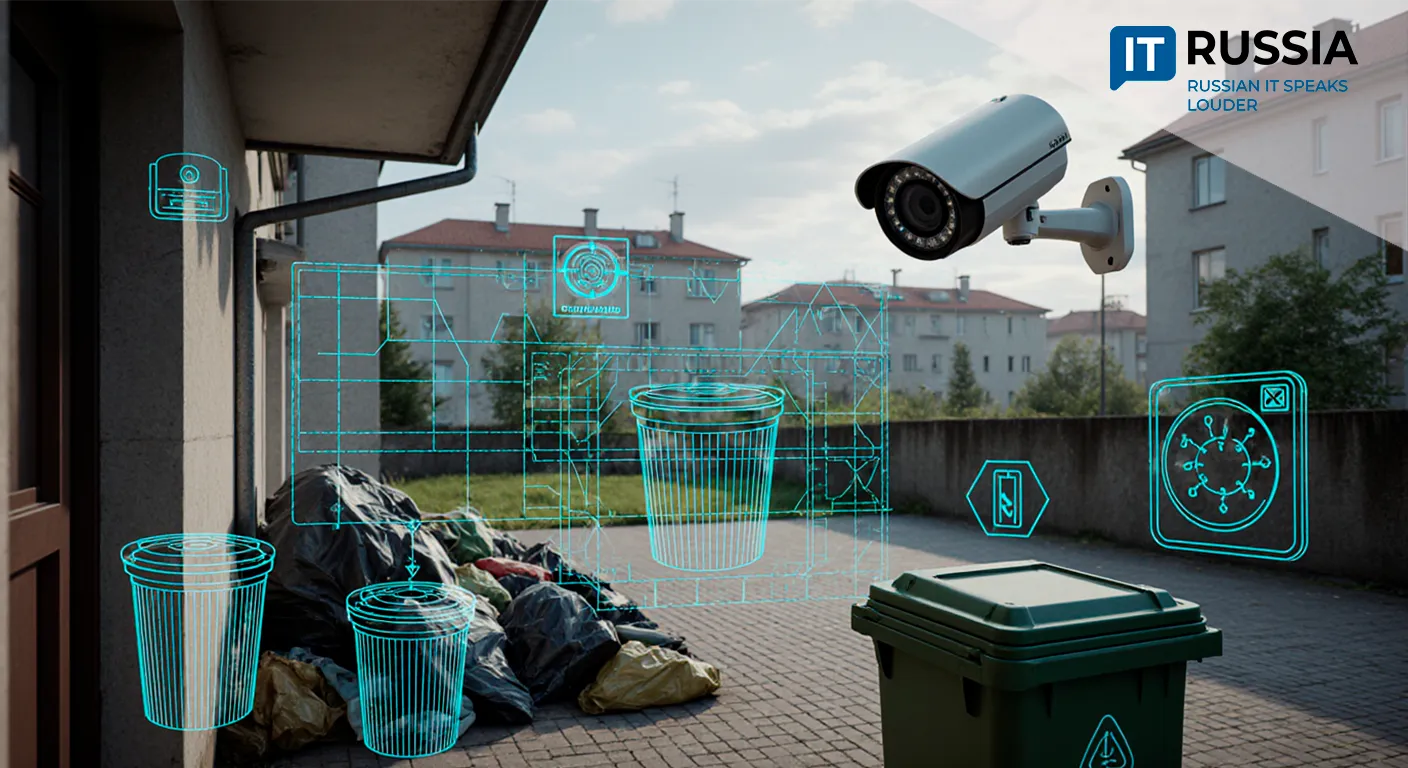Robots at Kursk NPP: Russia Automates Turbine Cleaning
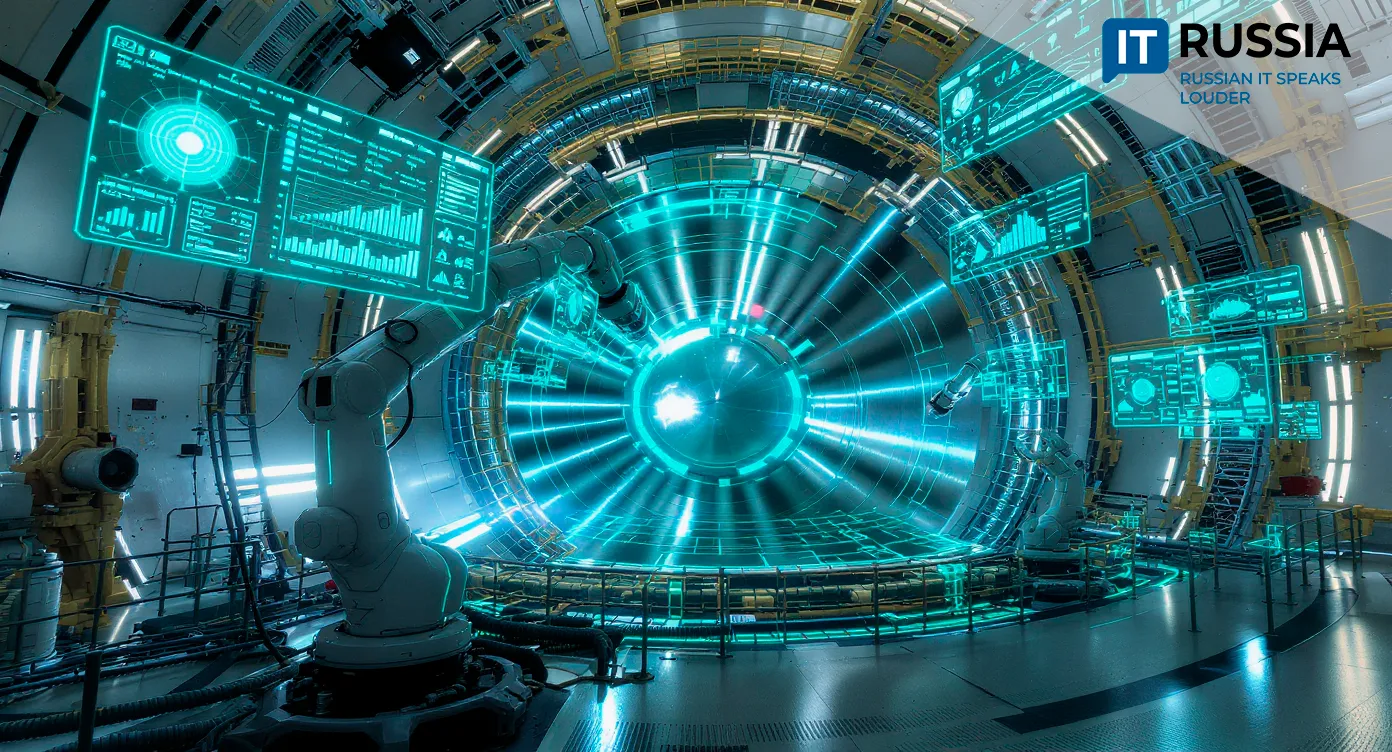
For the first time in Russia, robots have been deployed at the Kursk Nuclear Power Plant (NPP) to clean turbine units — a breakthrough in the digitalization of the nuclear sector. The system allows turbines to be cleaned of deposits without halting the entire production cycle, boosting efficiency and safety. It is a prime example of Rosatom’s advanced IT solutions ready for export.
Developed by Rosatom Specialists
In August 2025, during scheduled maintenance of Unit 3 at the Kursk NPP, robots were used to clean turbines — the first such deployment in Russia. Developed by Rosatom specialists, the system employs robotic devices equipped with sensors and cameras to remove deposits, such as salts and oxides, from turbine blades.
The robots are operated remotely via specialized software integrated with Rosatom’s digital platforms, enabling real-time monitoring of the process. This reduces cleaning time from days to hours, minimizing equipment downtime and risks for personnel.
The technology includes autonomous manipulator robots fitted with ultrasonic and laser cleaners that remove contaminants without damaging surfaces. AI-powered software analyzes turbine condition data, predicts cleaning needs, and optimizes robot trajectories.
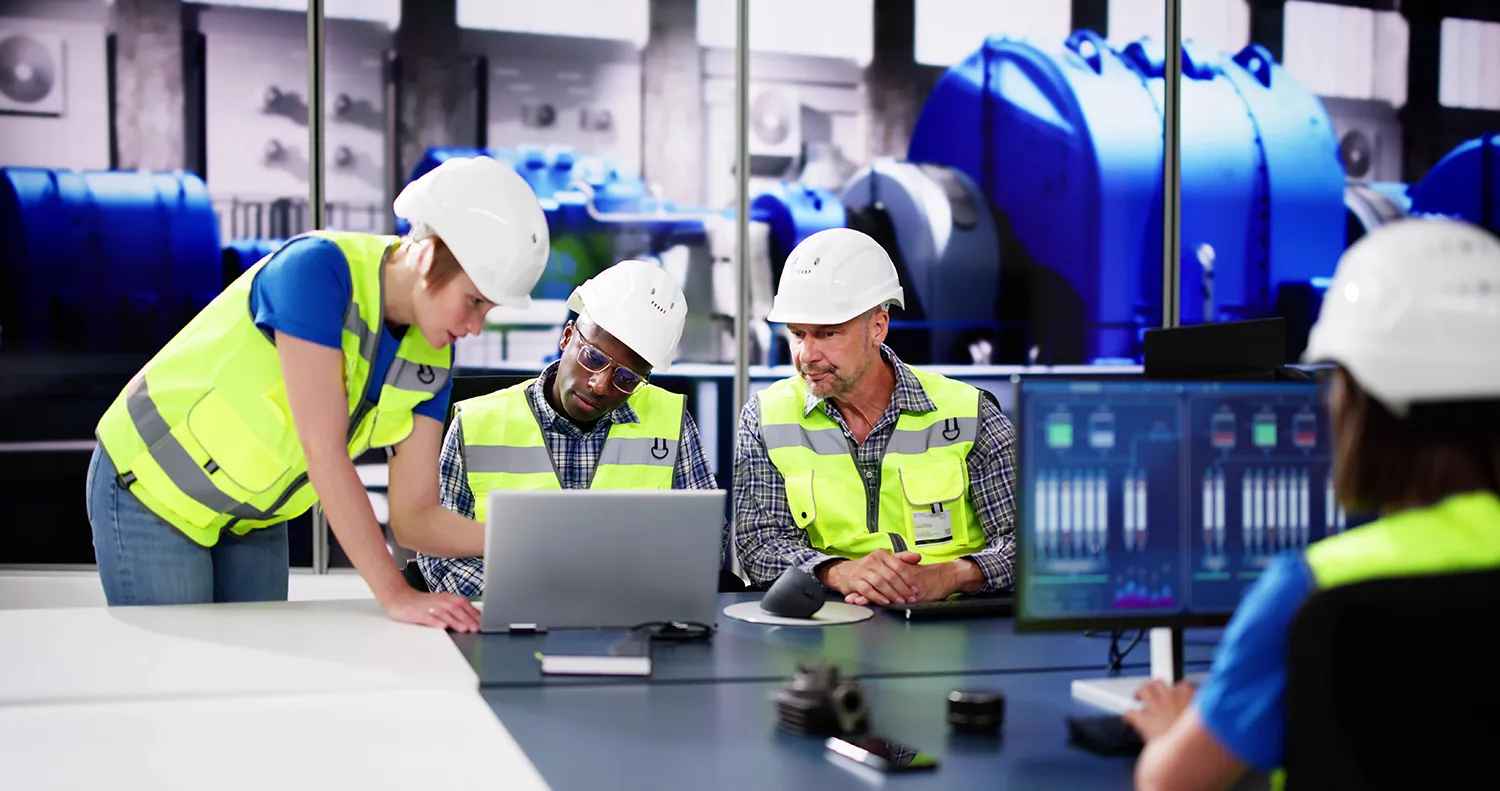
The project is part of Rosatom’s digital strategy, which integrates IT solutions into the highly complex process of operating a nuclear power plant.
Advancing Robotics in the Nuclear Sector
Rosatom began developing robotics for the nuclear industry in the early 2010s. Since 2020, the corporation has entered a new stage, starting with inspection robots at India’s Kudankulam NPP. In 2022, cleaning robots were introduced at the Leningrad NPP, and in 2023, systems for inspecting weld seams were deployed at the Belarusian NPP. In 2024, the Balakovo NPP tested robots for reactor servicing, laying the groundwork for turbine cleaning.
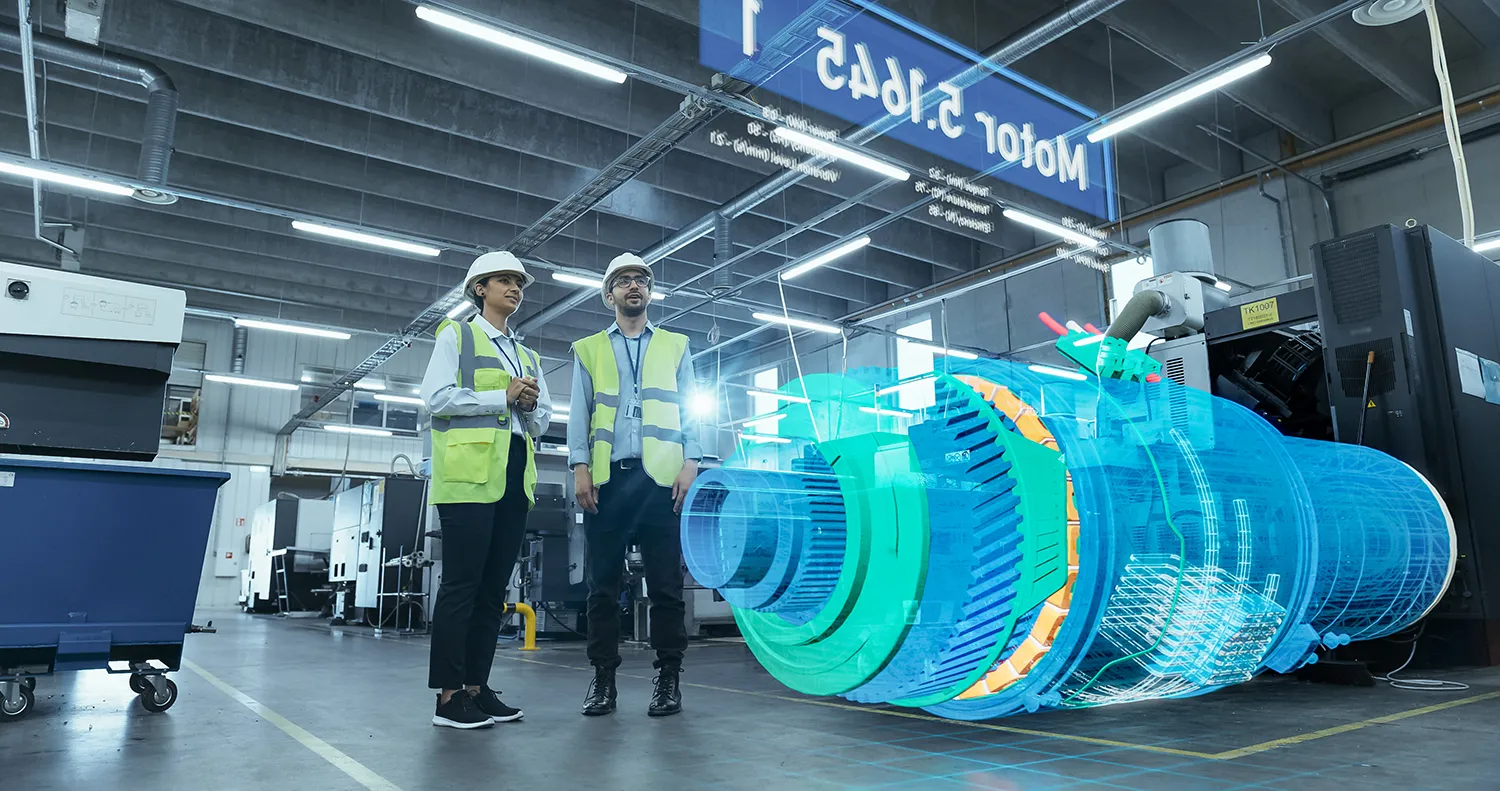
Similar technologies are used in the USA (General Electric) and Japan (Toshiba), but Russian solutions stand out for their full localization. The progress of this technology demonstrates an evolution from simple inspections to automated maintenance.
China, India, and Other Asian and Latin American Countries
The robotic turbine cleaning system has strong export potential. BRICS countries such as India and China — where Rosatom is building plants, including Kudankulam and Tianwan — have shown interest in nuclear maintenance technologies.
Adapting the system to international standards, including IAEA requirements, will open markets in developing countries in Asia and Latin America.

In Russia, the technology can be applied at other NPPs and in conventional power generation for cleaning gas turbines. Integration with AI for predictive maintenance could reduce costs by 20–30%. By 2027, the system is expected to be scaled to all Rosatom NPPs, and by 2030, exported to other countries.
The first robotic turbine cleaning project at the Kursk NPP confirms Rosatom’s global leadership in energy sector digitalization.







